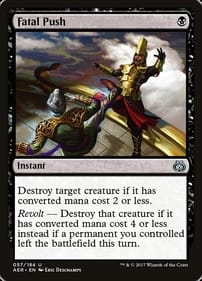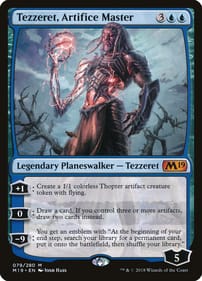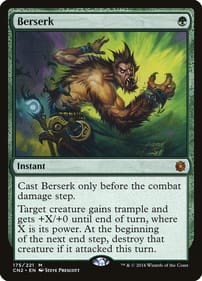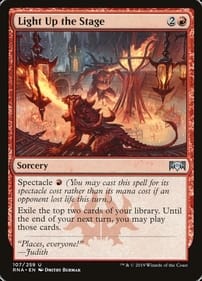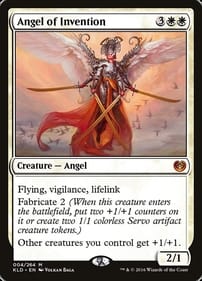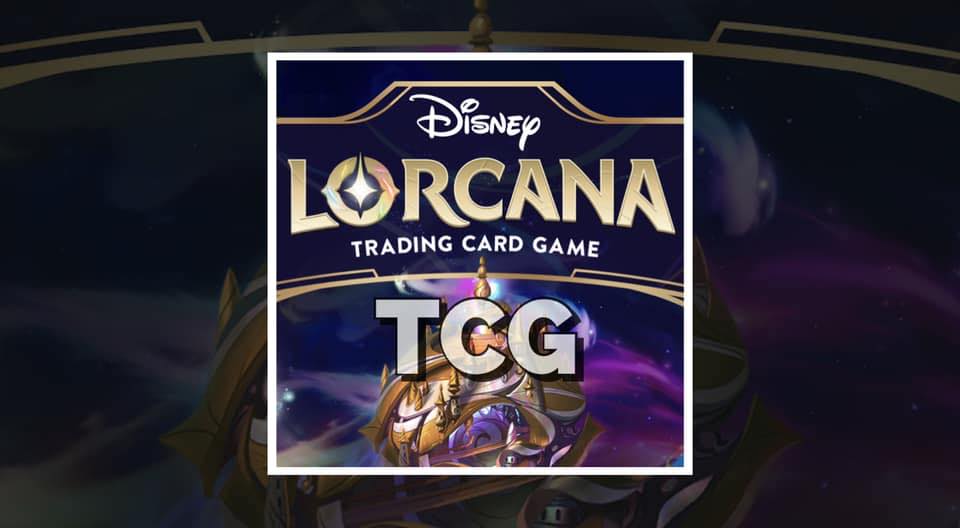
Lorcana: What you don’t know The hype is real for the game, the prices for the D23 promos are real, kind of. But there is a lot you don’t know, and it can likely hurt you. I know right out of the gates that nay sayers will just ignore me, that is the way of the world. And to be fair, the slabbed promos are likely going to stay high in value, and I hope they do. But what we don’t know is, are those cards going to be in the first set? And if so will they...
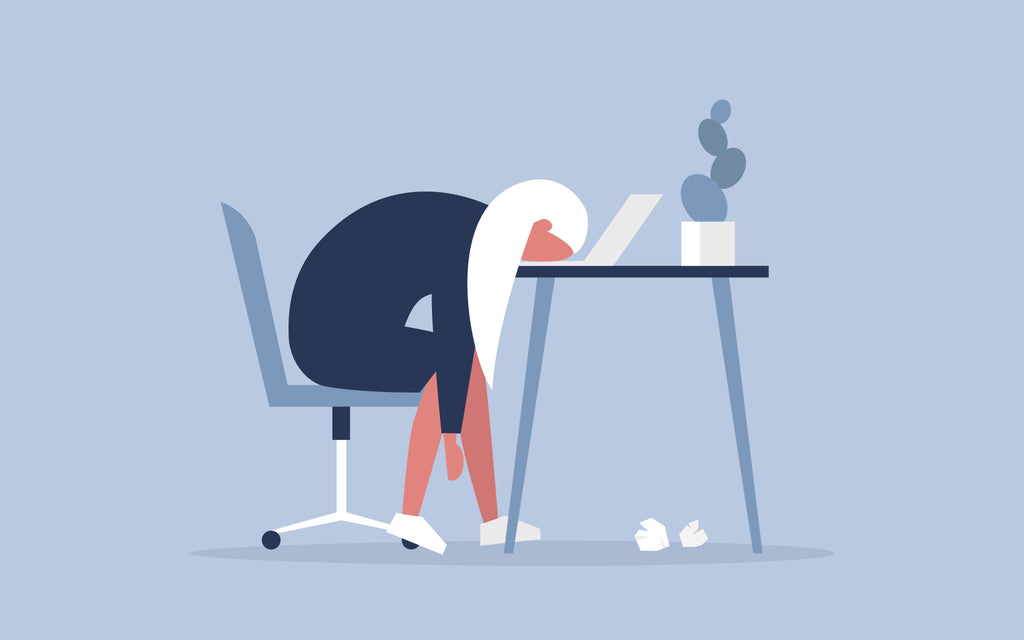
Do you work 40 to 50 hours a week currently and make a descent wage? Say $20+ an hour or $30k a year or more? Do you have benefits? Vacation time? Take vacations? What if told you, you could work 80+ hours a week for less than half of what you make now, maybe even lose money and have no benefits, very little time off and maybe a weeks’ vacation every 3 years of so, but be your own boss? Well, then do I have a deal for you!!!!!! Open a game store. There is a real danger...
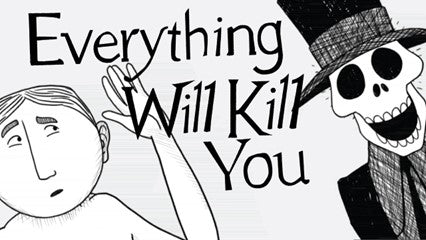
Are you detail oriented? If not, then stop thinking about a store of your own. It’s always the little things. You have to be borderline OCD, or even OCD to do this gig. I mean anyone can do the big stuff. What you’re going to carry, where to get your money, what kind of look you want, how to decorate, what to pay employees, all the general stuff. What about toilet paper? How will customer dry their hands? What kind and how much packing materials do you need for your online selling? How much of it? Here is...
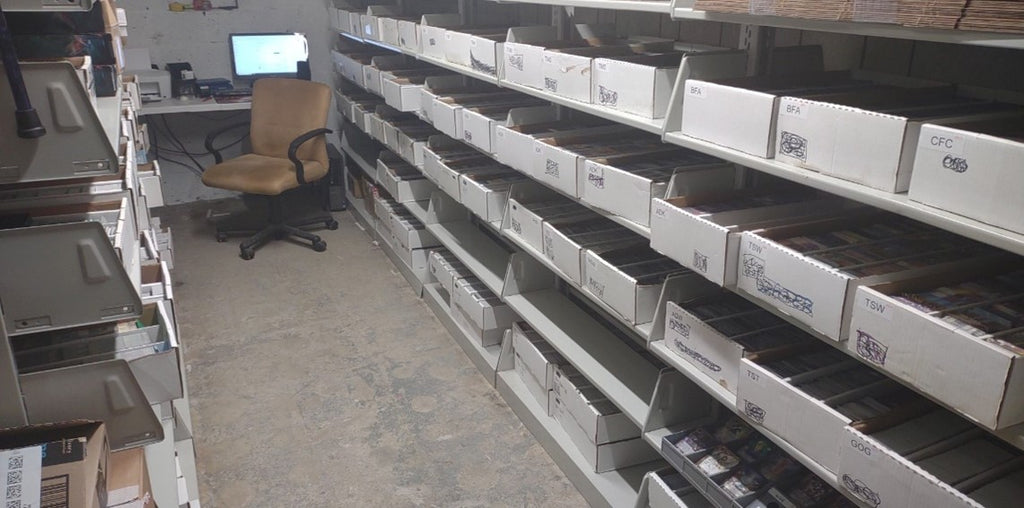
If you are still planning on opening a store, still don’t. Sorry for the delay in this one, it takes a while to get to an article when you have to run a lot of nerd spaces. But I think that helps to lend credibility to me. One thing you have to note is that when you have a game store you are actually running 2 or maybe 3 businesses. The picture above is of half of my back room, the card part. I deal mostly in Force of Will and its singles. There are over 220,000 sorted singles...

So, in my last article I said if you are thinking of opening your own store, that you shouldn’t. Most game stores fail within 2-3 years, and by most, I mean around 75%, give or take as there aren’t exactly a lot of studies on this type of industry. If you are still feeling that itch though, I guess more details can be given to try and convince you on why you shouldn’t do it. The main one out of the gate is under capitalization. If you’re going to do it, have the money to do it. I...
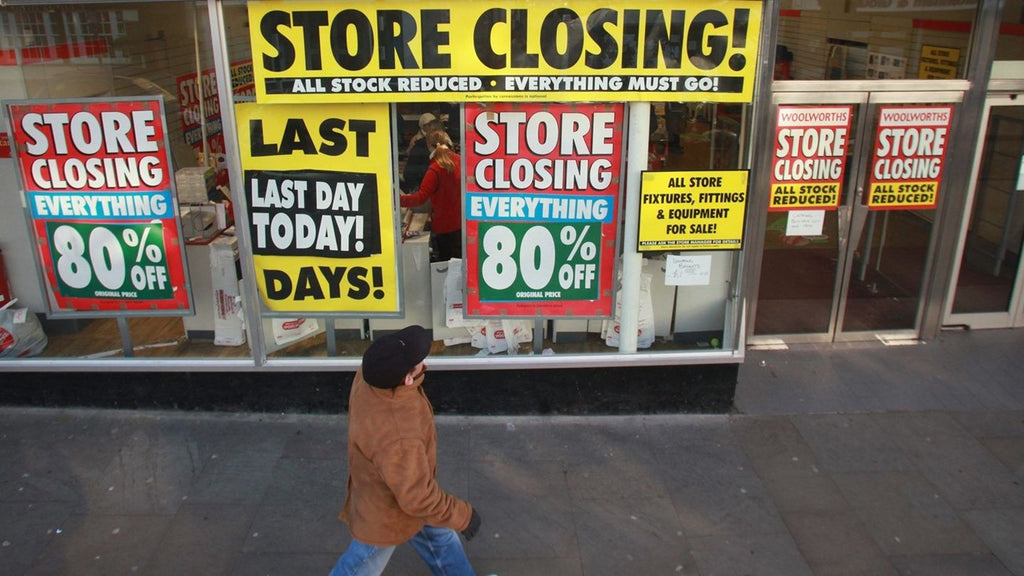
Game Store Life #1: Keep your Dreams in your Pants So, I wanted to write something that has to do with opening a game store, as it seems to be the latest craze. Since I am about to open my 3rd in my small chain it seems that I might qualify as someone who might know a thing or two about doing it. I run CCGPrime and I opened my main store in May of 2021, then added #2 in Dec of 2021 and the third should be open by May of 2022. This isn’t my first rodeo...


